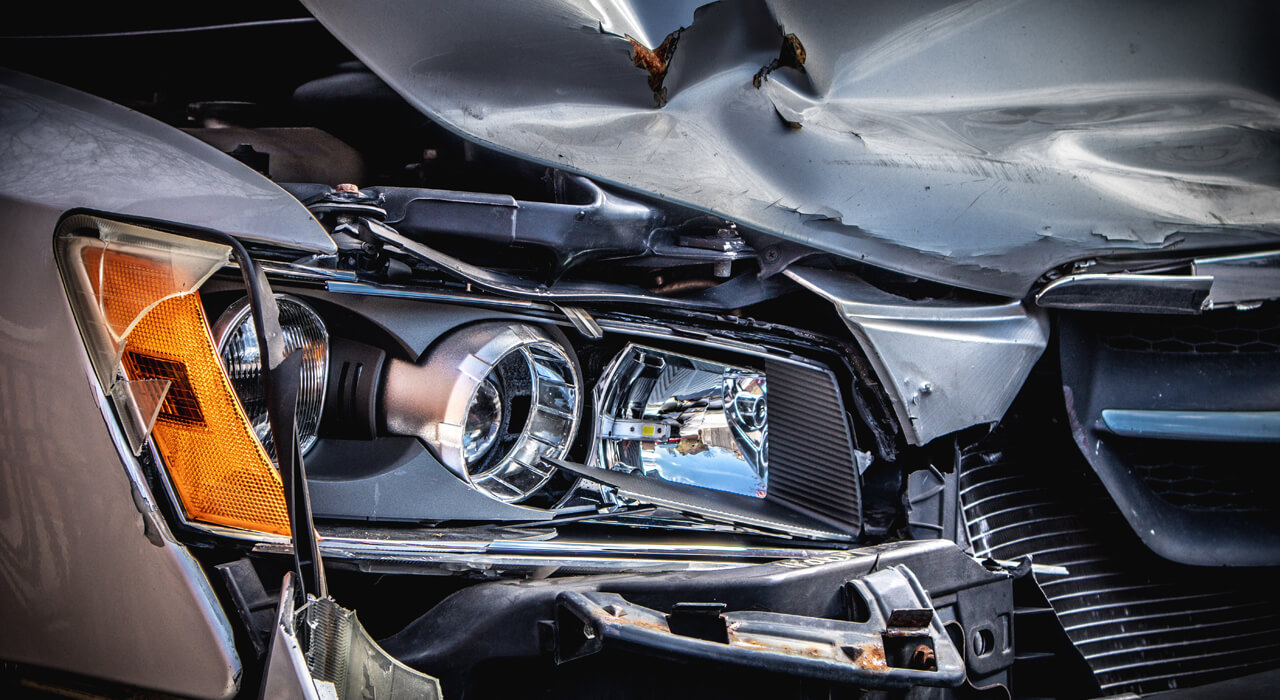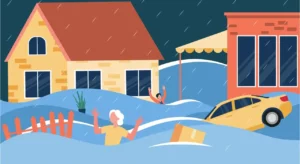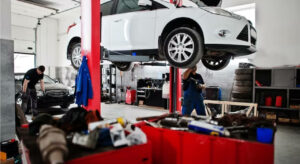The aftermath of a car accident is often a whirlwind of emotions, physical distress, and financial turmoil. Amidst the chaos, determining fault becomes crucial in resolving insurance claims, pursuing legal action, and seeking compensation for damages. However, assigning blame is rarely a straightforward process.
Insurance companies may have their own interpretations of events; police reports may contain errors or omissions, and witness accounts may vary. In such instances, challenging blame becomes essential in ensuring a fair and just outcome.
In this article, we explore the intricacies of disputing fault after a car accident, providing a comprehensive guide for individuals facing such challenges.
Understand Your Insurance Policy
Forbes reports that 50% of people incorrectly assume that car insurance includes accidental death and dismemberment (AD&D) coverage. However, AD&D is not a component of standard car insurance policies. Surprisingly, 40% believe they have coverage that is not included in typical car insurance.
The survey conducted by Forbes sheds light on widespread misconceptions about insurance coverage. The data underscores the significance of understanding your insurance policy.
Therefore, familiarizing yourself with the terms, coverage limits, and specific clauses within your policy is necessary. It can significantly impact the trajectory of fault allocation negotiations. Insurance policies include complex details affecting liability, like coverage for uninsured motorists or circumstances voiding your coverage.
Awareness of these nuances empowers individuals to navigate discussions with adjusters and legal representatives effectively. Also, some policies may offer features like accident forgiveness or diminishing deductibles, which can impact fault attribution and subsequent premium adjustments. Understanding your insurance intricacies empowers you in such disputes, ensuring fairness through valuable knowledge and strategic navigation.
Consider Local Legal Representation
Post-accident, hiring a skilled car accident lawyer is wise, especially when dealing with the intricate complexities of local laws for optimal resolution. Understanding the nuances of your jurisdiction, such as traffic regulations and legal precedents, is crucial for disputing blame effectively. Local attorneys offer a strategic edge in negotiations, possessing deep knowledge of the local legal landscape for effective representation.
KNWA FOX 24 reported a tragic incident in Fayetteville on November 20, 2023. In the incident, a 66-year-old man succumbed to his injuries when struck by a car while crossing the lane. A woman aged 26 who tried to intervene also received injuries in the same incident and is now hospitalized.
If you are involved in a similar car accident in Fayetteville, enlisting the expertise of a car accident lawyer in Fayetteville, AR, can prove invaluable. These professionals are well-versed in the state’s traffic laws, court procedures, and the specific nuances that may influence regional fault attribution. Their local insight enhances your ability to build a compelling case, navigate legal intricacies, and potentially secure a more favorable outcome.
Keith Law Group advises that Fayetteville lawyers start by examining crash facts, using expert investigators, recreating scenes, and gathering evidence. Expert investigators recreate the crash, documenting injuries and property damage for your case. They collect witness statements, review police reports, and gather useful information to strengthen your case.
Working diligently, they build a comprehensive understanding of the incident to enhance your legal position.
A legal ally familiar with Fayetteville’s legal landscape can significantly impact the trajectory of your case when disputing fault.
Gather Evidence at the Scene
Swift and thorough documentation of the scene can significantly bolster your case. Start by obtaining contact information from involved parties and any witnesses. Capture photographs of the vehicles involved, the surrounding environment, and any relevant road conditions. If possible, note weather conditions and traffic signals. Also, document injuries sustained, no matter how minor, as they can become crucial evidence.
Suggestion: 2024 Chevy Chevelle SS Release Date, Price & All New Features
Taking these steps not only helps establish a clear timeline of events but also provides tangible evidence to counter any disputed claims. Presenting this evidence accurately can challenge opposing narratives and bolster your position in dealings with insurance, legal representatives, and law enforcement.
Seek Witness Statements
OCNJ Daily highlights the pivotal role of witnesses in car accidents, emphasizing their ability to establish what happened objectively. Witness statements can impact the case outcome during the discovery phase, influencing settlement decisions.
Initial statements provide valuable insight for court proceedings, aiding in proving negligence and validating damages. Witnesses offer a unique perspective, crucial for detailing the extent of injuries and countering opposing claims in court.
Witness statements offer a third-party viewpoint, often carrying substantial weight in negotiations with insurance companies or during legal proceedings. These accounts can serve as compelling evidence to challenge opposing narratives, adding a layer of credibility to your version of events.
Obtain Traffic Camera Footage
When disputing fault after a car accident, leveraging technology to your advantage can be pivotal. Many intersections are equipped with traffic cameras that capture real-time footage of road activities. Obtaining this footage can provide an unbiased account of the incident, offering a clear perspective on the events leading up to the collision.
Also Check: 7 Best New Cars Under $12000 In 2024 – Reviews Photos & Details
Video footage is a potent tool, challenging or confirming claims by presenting an unbiased perspective beyond subjective interpretations. This concrete evidence substantially impacts negotiations with insurers and legal representatives, strengthening the foundation for disputing blame. The objective viewpoint from camera footage is instrumental in seeking a fair resolution after a mishap.
The authorities and insurance companies have understood the importance of camera footage in solving cases. In April 2023, Fox43 reported that the Derry Township Police Department in Dauphin County encouraged residents to register their video surveillance devices. This initiative aims to enhance community safety and streamline access to valuable surveillance footage for investigations.
Consult with an Accident Reconstruction Expert
Engaging an accident reconstruction expert is vital for a detailed examination of the incident circumstances. These professionals analyze incidents scientifically, using data like skid marks and witness statements. Their insights construct compelling narratives that challenge or support fault attribution, providing invaluable perspectives in legal proceedings.
Engaging experts incurs a cost, but their thorough and objective analysis enhances your position in fault disputes. Their scientific perspective surpasses subjective interpretations, providing a robust foundation for your case.
Get a Second Opinion from Mechanics
Mechanics offer expert insights into vehicle damage and impartial evaluations, determining if pre-existing issues contributed to the mishap. Seek out reputable auto repair shops to assess the damages independently.
A professional mechanic’s documented assessment enhances claim credibility and reveals hidden damages or mechanical issues influencing the accident. This comprehensive evaluation strengthens your case significantly. This additional layer of expertise can be crucial when presenting your case to insurance adjusters or during legal proceedings.
Engaging mechanics post-accident fortifies your stance with unbiased opinions and ensures comprehensive scrutiny of all factors, enhancing accuracy. Involving mechanics guarantees a thorough examination, contributing to a precise representation of the incident’s dynamics.
In conclusion, contesting fault after a car accident is an intricate process that requires skillful navigation through legal, technological, and evidentiary terrains to achieve resolution. In insurance negotiations or legal proceedings, the above strategies empower individuals to challenge narratives and ensure a fair resolution post-accident.
The outlined comprehensive strategies enhance individuals’ ability to navigate and advocate for fairness after a vehicular incident. Justice pursuit is a strategic endeavor demanding diligence, awareness, and commitment to secure a fair and just resolution.







